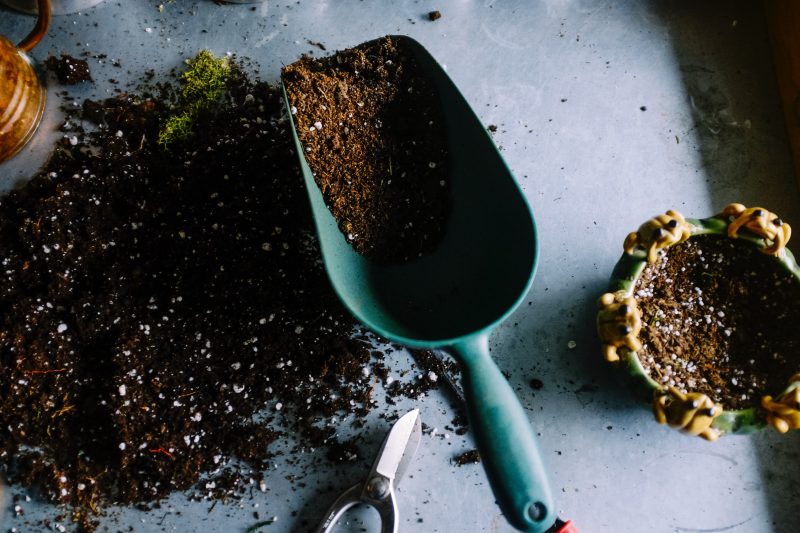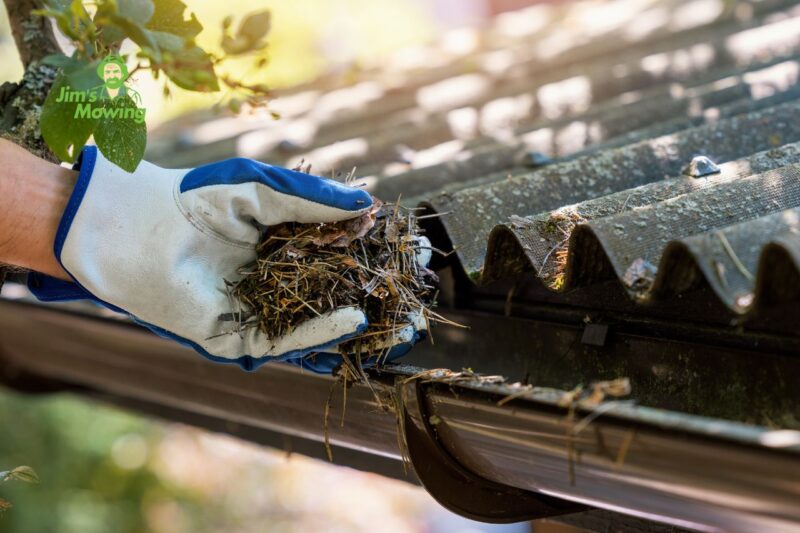Can I Compost This? Guide to Compost Do’s and Dont’s
Whether you are a keen composter or a beginner who is excited to get started, there are few rules to follow when it comes to composting. To ensure that your compost heap is more than a pile of rotting household rubbish and is actually viable for your garden, you need to be aware of what you can and can’t add to the pile. Adding the non-compostable items can lead to your compost pile becoming smelly, attracting pests, and unable to break down.

The basics of composting
Composting is the process of natural decomposition in which organic materials break down to become nutrient mulch which is great for your garden. For your compost to be a success, you need a combination of carbon-rich materials, known as ‘browns’, and nitrogen-rich materials, which are called ‘greens’. Your compost also requires oxygen and water, which are infused by turning your heap weekly and by adding moisture.

Brown Material |
Green Material |
| Dry leaves | Vegetable scraps |
| Plant stalks | Grass clippings |
| Shredded paper & cardboard | Coffee grinds |
When setting up your compost bin, ensure that you have 2 parts brown material to 1 part green.
What can and can’t be composted?
Not all household waste can be composted. Follow the table below to understand what can and can’t be composted. As a general rule, if it looks like it may make your compost heap smell, attract pests or contain materials which don’t naturally break down, then don’t add it to your compost.
Can be composted |
Can’t be composted |
| Vegetable scraps | Fish, meat & dairy products |
| Coffee grounds, filters & teabags (no staples) | Seafood |
| Crushed eggshells | Diseased & pest-ridden plants |
| Grass clippings, leaves and other green waste | Pet faeces & kitty litter |
| Breadcrumbs, pasta & rice (in small amounts) | Fat, oil & grease |
| Newspaper & shredded paper | Weeds which have gone to seed |
| Pet fur | Plastic, labels and glossy or coated paper |
| Lint from the dryer | Charcoal |
| Some specialised mail/package bags | Garbage bags |
Composting heap troubleshooting
Having troubles with your compost? If your compost isn’t breaking down or is starting to smell funny, you may have issues in your brown to green balance, not enough oxygen or too much water. Use our table below to troubleshoot some common problems with composting.
Pile not heating up
Possible issue: needs more nitrogen
Solution: add some more green material
Smells like rotten eggs, vinegar, sulphur
Possible issue: not enough oxygen, too compacted and/or too much moisture
Solution: turn pile to aerate and add more dry materials to soak up moisture
Attracting pests and rodents
Possible issue: may contain non-compostable material
Solution: remove any items which cannot be composted, especially animal bones, meat and products
Smells like ammonia or fishy
Possible issue: needs more carbon
Solution: add some more brown material
Don’t see your compost problem included above? If you need assistance with composting or anything gardening related, then get in touch with the friendly team at Jim’s Mowing! We are experts in all things composting and gardens so we can provide you with some helpful advice, not to mention a wide range of professional gardening services.



